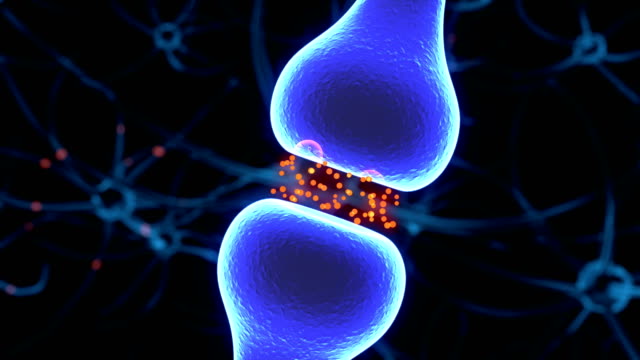New research published in the journal Cell explored how antidepressants bind to neurotrophic receptors known as TRKB.
The study focused on typical antidepressants, like selective serotonin reuptake inhibitors (SSRIs), and fast-acting antidepressants, like Ketamine.
Based on past research, it is theorized that typical antidepressants work by elevating levels of serotonin and noradrenalin in the synapses of the brain. Fast-acting antidepressants, like the recently approved drug Ketamine, work through inhibiting glutamate.
In the new study, researchers at the University of Helsinki investigated how antidepressants of both forms bind to a brain-derived neurotrophic factor (BDNF) in the brain, which is said to produce the antidepressant effects experienced by users.
“We found that all antidepressants boost BDNF signaling by binding to its TrkB receptor. This signaling is necessary for the cellular and behavioural effects of antidepressants in our experimental models,” said Eero Castrén, the lead researcher of the study, in a press release.
“The effects of antidepressant on plasticity do not therefore require increases in the serotonin levels or the inhibition of glutamate receptors, as previously thought,” Castrén also stated.
The findings may explain why certain antidepressant drugs, like SSRIs, take weeks, if not longer, for a therapeutic effect.
“We suggest that binding to TRKB and allosteric facilitation of BDNF signaling is the common mechanism for antidepressant action, which may explain why typical antidepressants act slowly and how molecular effects of antidepressants are translated into clinical mood recovery.”


